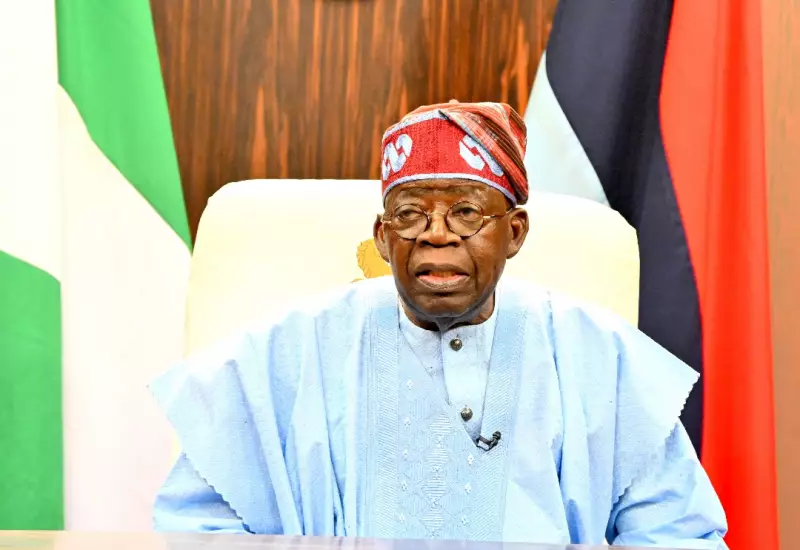
In a move that has ignited nationwide discussion, President Bola Tinubu's administration has implemented a 15% import duty on fuel, drawing both criticism and support from various sectors of Nigerian society.
Advocacy Group Backs Presidential Decision
The National Advocacy Group for Economic Self-Sufficiency has emerged as a strong supporter of the policy, describing it as a "bold and necessary step" toward reducing Nigeria's dependence on imported petroleum products. The organization argues that this strategic measure will ultimately strengthen the nation's economic sovereignty.
Long-term Vision for Local Refining Capacity
According to the group's analysis, the import duty serves as a catalyst for accelerating the development and rehabilitation of Nigeria's local refineries. "This policy creates the right economic environment for domestic refining to become competitive and sustainable," stated the group's spokesperson during a recent press briefing.
The advocacy organization emphasized that while consumers might experience temporary adjustments, the long-term benefits include:
- Reduced foreign exchange expenditure on fuel imports
- Job creation in the domestic energy sector
- Technology transfer and skill development
- Strengthened national energy security
Addressing Economic Dependencies
The group highlighted Nigeria's paradoxical position as a major oil producer that still imports refined petroleum products. They contend that the import duty represents a crucial policy intervention designed to break this cycle of dependency and stimulate investment in local processing facilities.
"We cannot continue to export crude oil only to import refined products at higher costs," the group asserted. "This duty is a strategic move to correct this economic anomaly."
Broader Economic Implications
Economic analysts are closely monitoring the policy's impact on inflation, transportation costs, and general price levels. The advocacy group acknowledges these concerns but maintains that the short-term challenges are outweighed by the potential for lasting economic transformation.
As the debate continues, all eyes remain on how this policy will affect both Nigeria's economic indicators and the daily lives of its citizens in the coming months.





